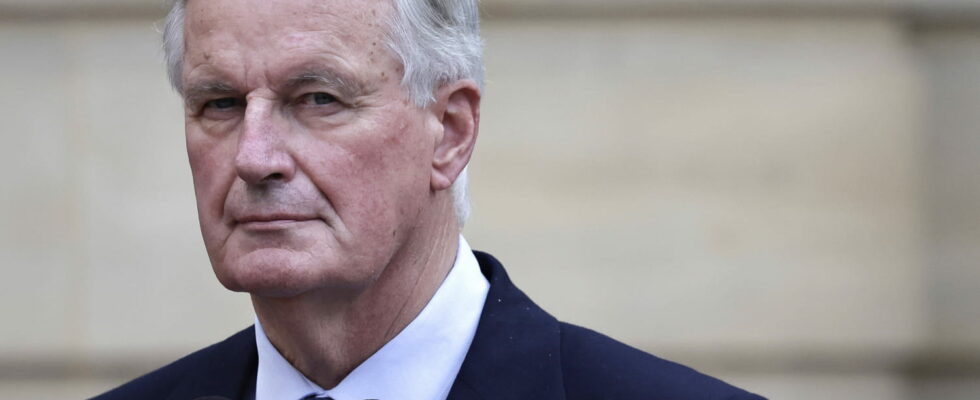The Prime Minister has not yet formed his government but he is already sending a very strong political message: the coalition that will support him must understand that it will be necessary to ask the French to make an effort.
The formation of the government is certainly taking longer than Michel Barnier imagined when he was appointed to Matignon on September 5. The political equation was complex, with the need for him to compose a team with LR ministers, others from the presidential camp, and if possible others from the left. The Prime Minister emphasized his desire to unite and find a broad consensus in the best interests of the country, but in reality, getting the centrists and the LR to agree is much more difficult than expected.
Obviously, the questions of embodiment and partisan power relations create tensions. How can we convince the deputies of Macronie to enter a government in which the LR will have decisive positions? Can Gabriel Attal or François Bayrou support a government with a Laurent Wauquiez at the Ministry of the Interior or Bruno Retailleau at Bercy? Two figures who have never stopped castigating the reforms carried out for 7 years?
But beyond the personalities and the postures, it is the vagueness of the political line that makes the situation insoluble. For a simple reason that Emmanuel Macron has probably not weighed enough: the president appointed to Matignon a personality who did not campaign in these legislative elections, who had no commitment or programmatic offer for these elections whose results must, institutionally, decide the formation of the government. By appointing a personality completely out of the game, the president has put all the political parties, which he calls on to work in coalition, in an embarrassing situation: they do not know if they can work with Michel Barnier or what he embodies today.
This Wednesday, September 18, the Prime Minister seems cornered: Gabriel Attal’s EPR deputies are threatening to no longer support him, and LR deputies are also threatening to abandon him if he does not make a sufficient political break with the Macronists. Hence this warning shot, delivered to the press on September 18: “The budgetary situation of the country that I am discovering is very serious”. A very strong statement, reminiscent of “France is bankrupt”, pronounced by François Fillon in 2007. “This situation deserves better than little phrases. It demands responsibility”, added Michel Barnier. Through this speech, three messages are formulated by the Prime Minister:
First, he warns the French that they will have to tighten their belts. “My goal is to get back on the path to growth and to improve the standard of living of the French, while we are already the country where the tax burden is the highest,” he says, implying that a way will have to be found to limit state spending and therefore to reduce budgets allocated to the operation of public services or to public investments.
The second message is addressed to the political parties that are playing a show of strength to twist the Prime Minister’s arm. By pointing out a very serious budgetary situation and calling for “responsibility”, he suggests that he will also be obliged to increase certain taxes and that the political figures involved in the coalition will have to understand this. And integrate it very quickly. In other words, Michel Barnier is asking Gabriel Attal and Laurent Wauquiez to stop the threats and to fall into line. At this stage, as Le Parisien indicates, Michel Barnier would be in favour of increasing taxes on the wealthiest and on companies that have made huge profits in recent years. And he would like the pill to be swallowed, even by the right.
Third message, addressed to everyone, and perhaps first to journalists and commentators: it is possible that the formation of the government will take longer than expected. Michel Barnier has also “requested all the elements to assess the exact reality” of the public accounts. And on the basis of this analytical work, the tenant of Matignon will be able to decide on the orientations that he considers the most imperative, before submitting them to his partners and future ministers. Which cannot be achieved without a reasonable delay.
